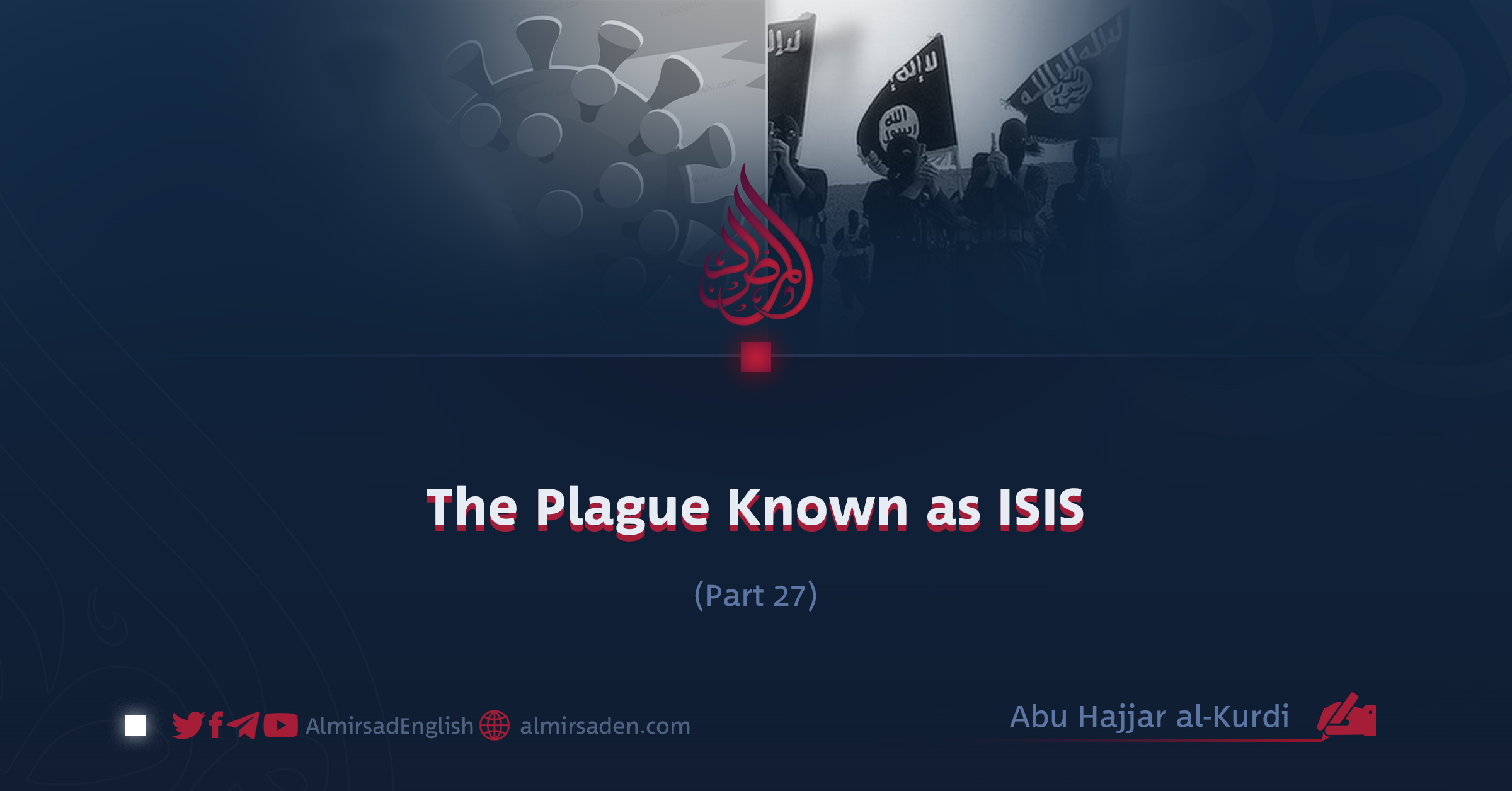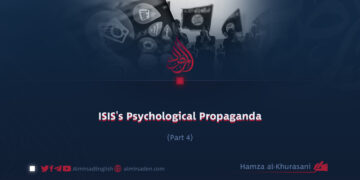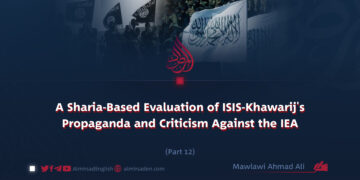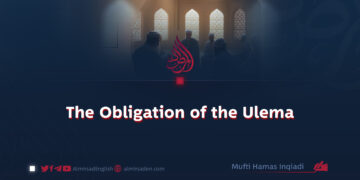Part 27
Abu Hajjar al-Kurdi
The Occupation of Fallujah and the Beginning of Endless Suffering for Its Sunni People
Before the emergence of ISIS, Fallujah was celebrated as a stronghold of resilience and sacrifice. No outside power had ever been able to bring it fully to heel. Its inhabitants, Sunni and devoted to jihad, resisted repeated campaigns by the Crusader armies and their allies, who despite their strength never succeeded in establishing lasting control over this strategic city. What ultimately brought calamity to Fallujah was not the foreign invaders but the plague of the age, the treachery of ISIS.
On January 3, 2014, ISIS captured the city. Almost immediately, they slaughtered hundreds of Sunnis and cast a pall of fear and oppression over its civilians. They spoke of founding a caliphate, yet their cruelty alienated the very people they claimed to lead. Unable to win hearts or secure genuine loyalty, their rule remained brittle and hollow.
Though their rhetoric was wrapped in the language of Islam, their deeds stood in open defiance of divine law and the teachings of the Prophet Muhammad (PBUH).
During their years in power, ISIS planted only hatred and division. Civilians of other faiths, including Christians, Jews, and others, were also among their victims. This legacy of indiscriminate violence left deep scars. Once ISIS fell, resentment simmered among followers of other religions, who came to associate Muslims themselves with the brutality they had endured.
When the cities once held by ISIS finally slipped from their grasp, vengeance followed. Shi‘a militias, Yazidis, and Christians each unleashed reprisals in turn. They killed thousands, burned homes, and committed fresh waves of atrocities.
By the end of two years under ISIS rule, Fallujah was a city broken by displacement, grief, and ruin. Their cruelty had stripped away every pretense of legitimacy, leaving their followers branded with an enduring mark of disgrace in history.
On July 26, 2016, a coalition of hostile factions seized Fallujah. In the aftermath, thousands of its people, including women and children, were killed.



















































